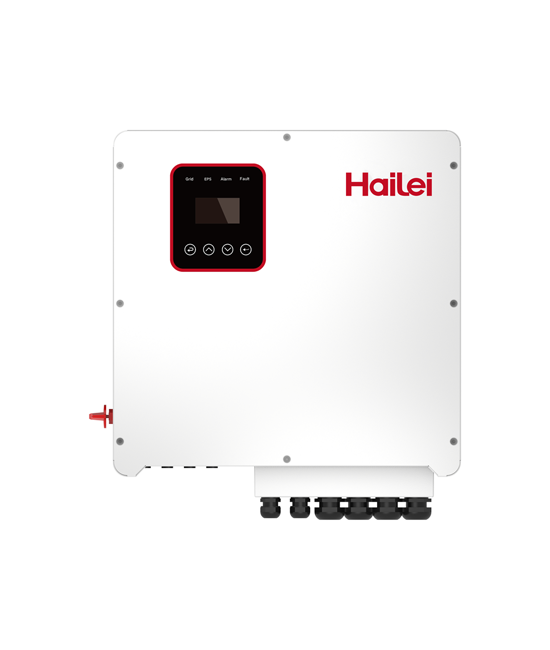Time:Dec 21, 2022 Views:933
For Chinese power battery manufacturers, it is increasingly fashionable to invest and build factories in the hinterland of Europe, which is also a symbol of strength. Up to now, the battery capacity distribution of Ningde Times, Funeng Technology and Honeycomb Energy in Europe alone has exceeded 130GWh, which is about twice the total installed capacity of power batteries in China.

Among them, Ningde Times is the first Chinese battery enterprise to set up a factory in Europe. Its battery factory in Germany was officially started a year ago. The investment amount of the factory is close to 1.8 billion euros (about 14.2 billion yuan). It is planned to achieve 14GWh capacity by 2022 and 100GWh capacity by 2026.
https://www.primacabinets.com/2024_kitchen_cabinet/
Coincidentally, European factories of Funeng Technology and Honeycomb Energy are also located in Germany. The investment amount of Funeng Technology is about 600 million euros (about 4.8 billion yuan). It is planned to be completed and put into operation by the end of 2022, with a planned capacity of 10GWh. Honeycomb Energy will invest 2 billion euros (about 15.5 billion yuan). It plans to produce batteries that can support 300000 to 500000 electric vehicles annually. It will be completed and put into operation in 2023, with an annual capacity of 24 GWh.
In fact, there are far more Chinese battery manufacturers planning to build factories in Europe than the above ones. It is reported that Vision AESC is planning to build a super battery factory in Europe, which is said to be located near Nissan Sunderland factory. In addition, it is said that BYD also plans to establish its first battery factory in Europe in the UK.
At present, the new energy vehicle industry in Europe is developing rapidly. In the first three quarters of 2020, the sales volume of new energy vehicles in Europe reached 880000, a year-on-year increase of 195%. In addition, the sales volume in the fourth quarter is still strong, which is expected to surpass China and become the largest new energy vehicle market in the world. According to PricewaterhouseCoopers, the sales of new energy vehicles in the European market will account for 67% by 2035.
Under this situation, the strong market demand has led to an increase in the capacity gap of power batteries in Europe. Volkswagen expects that by 2025, its company will need 150 GWh of power batteries in Europe alone, and the French government also expects that by 2030, the demand for power batteries by local car enterprises will be as high as 170 GWh. According to the prediction of SNE, the market research company, the European demand for electric vehicle batteries is expected to be 406GWh by 2023, while the supply is expected to be 335GWh, with a shortage of about 18%; The supply shortage will expand to about 40% by 2025.

X

Appointment Experience